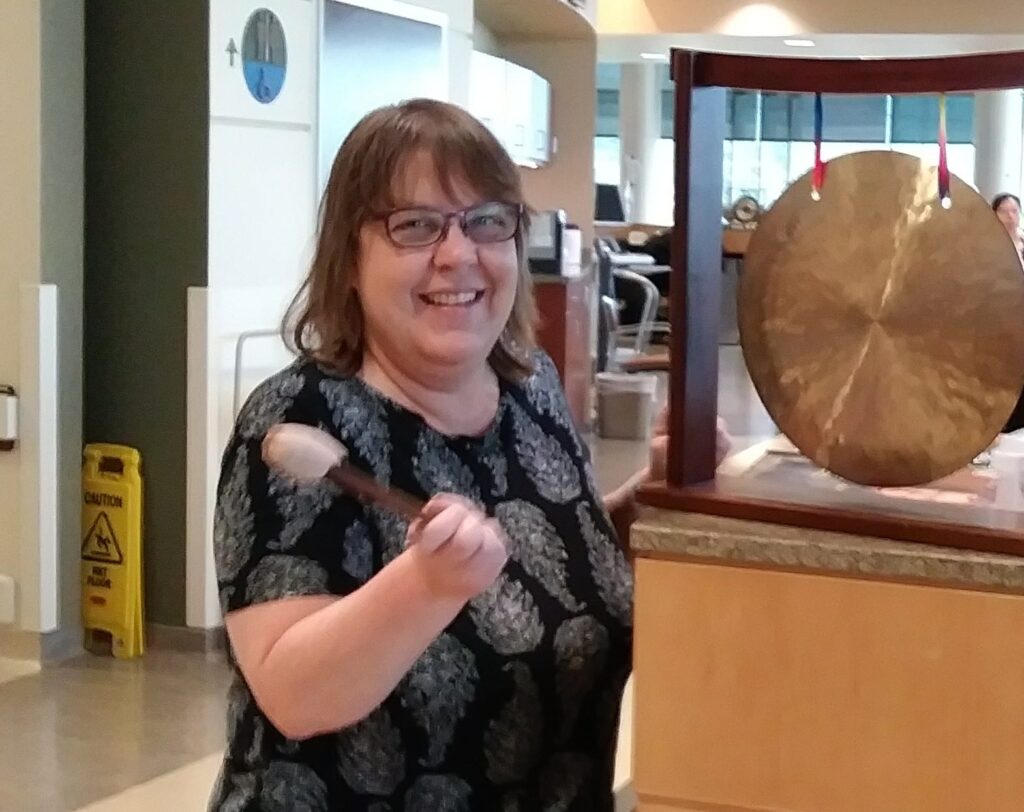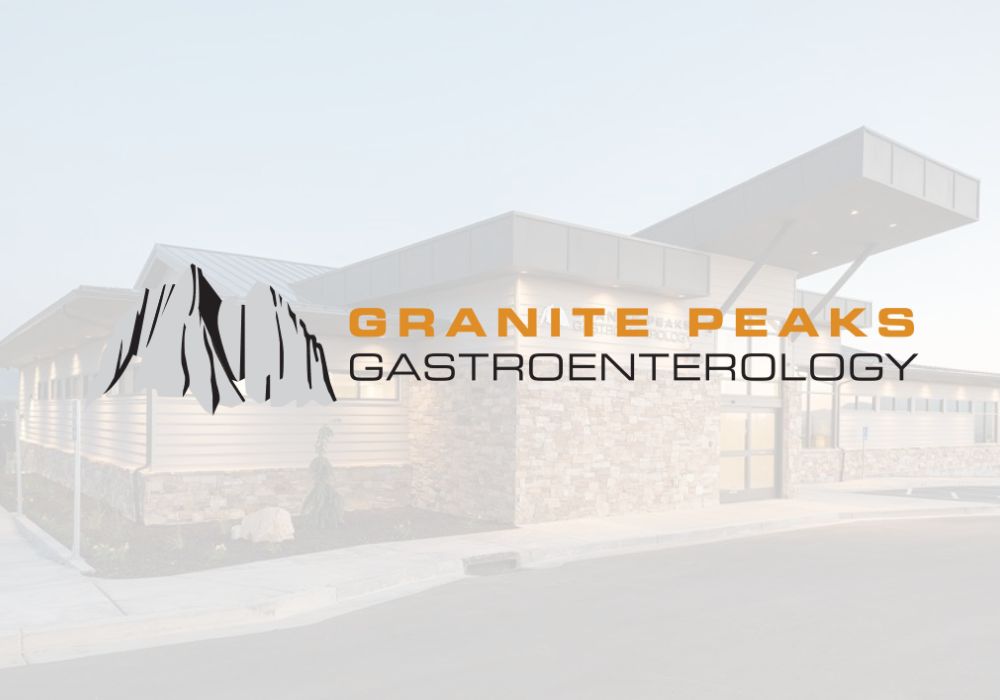Developed by May Marschner, PA-C with Kristine, Colon Cancer Survivor
As medical providers, our job is not only to diagnose and treat patients, but also to educate them. I have found over the years, however, that patients with shared experiences are often able to share far more wisdom than any textbook, research study, or lecture by a doctor or physician assistant. Kristine is a friend of mine who was diagnosed with colon cancer 18 months ago. She graciously agreed to share her story with us this month, when the medical community focuses specifically on colon cancer awareness. Life is precious. Come on y’all – get your colonoscopy!
My name is Kristine and I was diagnosed with colon cancer on August 25, 2017. My story is about listening. Listening to your body, listening to your family and listening to the medical community.
I did not listen to my body. I had been having abdominal pain for several months. It was very intermittent. Soon after, I began having very unusual bowel movements. I thought I had developed an egg allergy or had become lactose intolerant. I was also up several times a night having bowel movements or feeling the need to urinate.
I didn’t listen to family. My grandmother had lost a long and painful battle with colon cancer when I was 18. I had been reminded by my mom to get tested, but I didn’t listen.
I didn’t listen to the medical community. I had not had a colonoscopy at age 50. (The recommended age now has been reduced to 45 by the American Cancer Society).
I finally listened to my sub-conscious. I needed to get tested. I called and made the appointment. The procedure itself is simple, you are prepped, you are asleep, you are awake. That’s it.
Then I had to listen. I had to listen to the doctor who performed the procedure tell me that there was a large tumor in my sigmoid colon. It was so large he could not see past it.
I listened to one surgeon tell me that I would need radiation and chemotherapy before surgery to shrink the tumor and a second surgeon’s plan of surgery and then chemotherapy. I went with the second opinion.
November 16, 2017, I had surgery to remove the tumor. All went well. I was home in four days. 48 hours later I was in the ER with a reconnect site leak. I spent 5 days hoping it would resolve itself and then listened as my surgeon told me I would need surgery to wash out my abdomen, place a drain and have an ileostomy. I also listened as he told me that all the tested nodes came back negative. Good news, finally.
I spent 2 weeks in the hospital with complications, an ileostomy that would not stop leaking, edema in my legs and a bladder that would not wake up. Finally, things began to resolve, and I spent a week in rehab before coming home.
The New Year brought more listening. Listening to my body on New Year’s Eve that landed me in the ER with an infection and 48 hours in the hospital with IV antibiotics and then listening to my oncologist. There was something on my liver. Scans confirmed it, it had metastasized to my liver. I was now stage 4.
I had a liver ablation and my port placed, then chemotherapy treatment started a few days later.
While chemotherapy is not enjoyable in any way, it isn’t what it was when my grandmother had it. There are medications that prevented me from having nausea and vomiting. I did 12 rounds of FOLFOX, every two weeks, which required an IV treatment and then 48 hours of wearing a pump of chemo drugs. The two days after being disconnected are the worst and I spent my treatment weekends in bed. Food tasted funny, cold sensitivity is real and the neuropathy started to set in by round 11 of 12.
On November 5, 2018 I listened as my oncologist told me I was NED (no evidence of disease)!
After treatments are over and you are waiting for scans every 6 months, the mind plays games and is probably the most difficult part of the journey. It’s hard not to listen. You are no longer actively treating and killing off the cancer cells. You are waiting for scans and hoping you get to listen to another good report. (“scanxiety” is real in the cancer community).
I have found support in online colon cancer groups and there is one thing that has been very worrisome to me, there is a growing number of colon cancer patients that are young, in their 30’s and 40’s. Often, they are misdiagnosed because it is not “recommended” to have a colonoscopy before age 45. Sadly, many of these young people are stage 4 before they are properly diagnosed. That is why it is so important to listen to your body and fight until someone listens to you.
Everyone faces their journey differently. I am very vocal about it, I want others to listen to my story. I sought out online support groups that have been a wealth of information and support. They get it. Others choose to not be as vocal, preferring to keep it to themselves. I understand that at times it is hard for family and friends to understand everything we are experiencing. I don’t look sick and sometimes that is difficult for others to understand. They may say we look great, but inside we are still fighting. I suggest finding someone who will listen to you, who understands all the fears, the scanxiety, the rollercoaster ride of emotions. And, if you can, become an advocate. This month my Facebook page will be filled with information and funny memes to remind people to be screened. Last year I had 3 friends who listened and scheduled appointments to be screened!
So, remember:
– Listen to your body.
– Listen to your family history
– Listen to the medical community
– Listen to that voice in the back of your head
And, listen to me. Early detection through screening is crucial! The symptoms that led me to my colonoscopy didn’t present themselves until the tumor had grown quite large. If I had been screened at age 50, I may not have had to endure all the complications, the ileostomy, and chemotherapy. The idea of the embarrassment of a colonoscopy (and I know for many that is a factor) would have prevented so many other uncomfortable and much more embarrassing procedures.
I will not let colon cancer define me, but I will not let it stop me from educating as many people as I can, and I hope they listen because the only way we can prevent others from late stage diagnosis is to talk until they listen and get screened.


